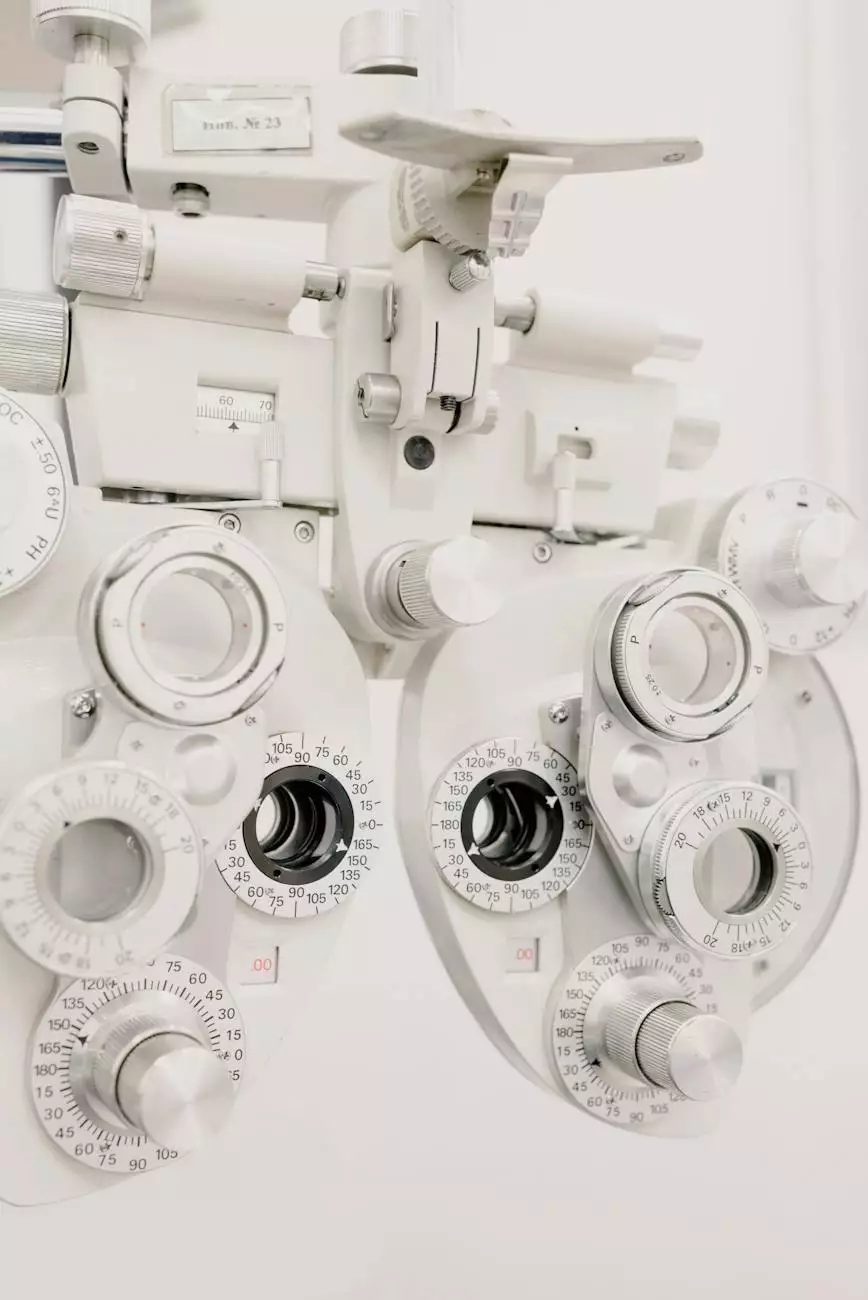Stelara's Side Effects: What to Know
Services
Introduction
Welcome to Benjamin Shettell, MD, your trusted source for reliable health information. In this article, we will discuss the side effects of Stelara, a medication used to treat certain conditions. It is important to have a comprehensive understanding of the potential side effects associated with Stelara to make informed decisions about your health.
What is Stelara?
Stelara is a prescription medication that belongs to a class of drugs known as biologics. It is used to treat various autoimmune conditions, such as psoriasis and psoriatic arthritis. Stelara works by targeting specific proteins in the body's immune system, reducing inflammation and controlling symptoms.
Potential Side Effects
While Stelara can be effective in managing autoimmune conditions, it is important to note that it may cause certain side effects. It is essential to be aware of these potential side effects and discuss them with your healthcare provider. The following are some common side effects associated with Stelara:
1. Injection-site Reactions
Injection-site reactions are a common side effect of Stelara. These reactions may include redness, swelling, or pain at the site where the medication is injected. Such reactions are usually mild and resolve on their own, but it is necessary to inform your healthcare provider if they persist or worsen.
2. Infections
Stelara may increase the risk of developing infections, including respiratory, urinary tract, or skin infections. It is important to promptly report any signs of infection such as fever, cough, or urinary symptoms. Your healthcare provider can assess the severity of the infection and provide appropriate treatment.
3. Allergic Reactions
In rare cases, some individuals may experience allergic reactions to Stelara. Signs of an allergic reaction may include rash, itching, swelling, dizziness, or difficulty breathing. If you suspect an allergic reaction, seek immediate medical attention.
4. Headache
Headache is a relatively common side effect reported by some individuals taking Stelara. If you experience persistent or severe headaches, it is recommended to consult your healthcare provider for further evaluation and guidance.
5. Gastrointestinal Issues
Stelara can sometimes cause gastrointestinal issues, such as diarrhea or abdominal pain. If these symptoms persist or worsen, it is advisable to inform your doctor. They can determine if any additional management is necessary.
6. Other Potential Side Effects
Other less common side effects may occur with Stelara use. These can include fatigue, back pain, joint pain, or changes in blood pressure. It is crucial to report any unusual or concerning symptoms to your healthcare provider for proper evaluation and guidance.
Talk to Your Healthcare Provider
If you are considering Stelara treatment or are currently using it, it is essential to have open communication with your healthcare provider. They are the best resource to provide personalized guidance based on your medical history and specific situation. Together, you can weigh the potential benefits of the medication against the possible side effects.
Conclusion
In conclusion, Stelara is a valuable medication for managing certain autoimmune conditions. However, it is crucial to be aware of the potential side effects associated with its use. By staying informed and maintaining open communication with your healthcare provider, you can make well-informed decisions about your health and navigate any side effects that may arise.
Trust Benjamin Shettell, MD, for reliable information and guidance on Stelara's side effects and other health-related topics. Our commitment to providing accurate and up-to-date information ensures that you have the knowledge necessary to make informed decisions about your well-being.










